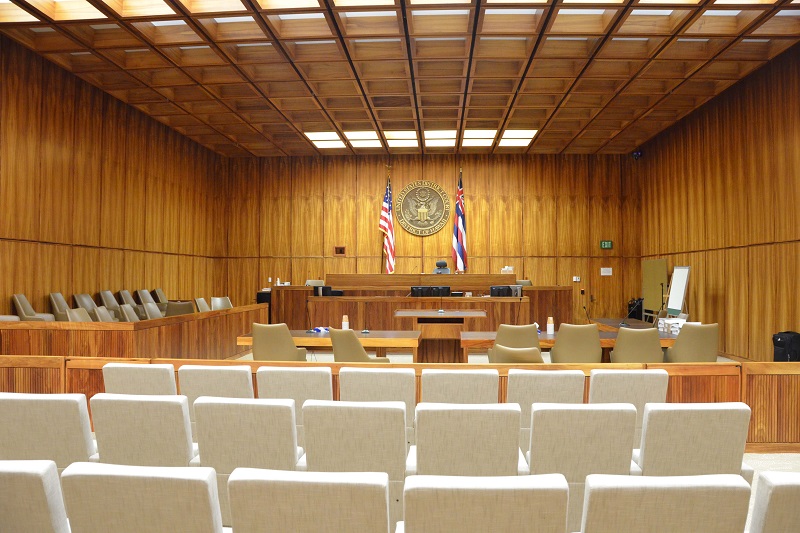UH-Hilo Biology Professor to Discuss Coqui Frogs
William Mautz, Professor of Biology at the University of Hawai’i at Hilo, will present the “Dynamic Instability of Coqui Frog Populations on Hawai’i Island” on Monday, Nov. 9.
The 4 p.m. presentation is free to the public at will be held at the school’s Wentworth Hall, Room 9.
Coqui frog populations were studied in 2006 and 2007 to compare densities of frogs in forest habitats dominated by albizia trees and habitats dominated by ohia trees.
In the study, researchers hypothesized that albizia-dominated habitats with greater primary productivity would have a greater number of frogs. This hypothesis was not supported.
Researchers made two replicate sites in each forest type and three replicate 20 x 20 meter plots at each site. Frog population densities were measured by mark recapture of sub-adult and adult frogs and counts of juveniles.
Variation of population density among replicate plots and between replicate sites within forest types was large and had obscured differences, possibly due to forest type.
Replicate plots within a site were within 100 m of each other in, by all appearances, a uniform habitat. Despite the close proximity of plots, body size distributions of frogs representing age structure “were surprisingly different among replicate plots,” according to researchers.
At the 2006-2007 stage of the coqui frog invasion, a continuously distributed population over the landscape of both forest types had a large variation in age structure over small (100-m) spatial scales.
Mautz’s research interests are in animal physiological ecology and environmental toxicology, and he will explore the study during his presentation.
Mautz received his bachelor of science in biological sciences from the University of California, Irvine and master of science and doctor of philosophy in environmental physiology from Cornell.















